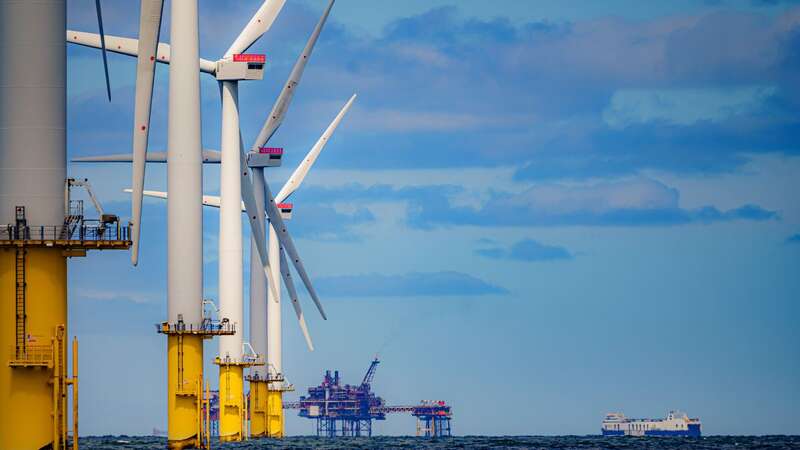

A new report has claimed that an extra £58 billion will need to be invested in the UK's electricity grid in the first half of the next decade to ensure it can supply power to homes and businesses.
The Electricity System Operator (ESO) announced on Tuesday that around 20,000 jobs could be created in the biggest build-out for seven decades. Most of these jobs will be outside London and the South East.
"Great Britain is about to embark upon the biggest change to the electricity network since the high voltage transmission grid was established back in the 1950s," the report said. The report urged for "swift and coordinated" progress, warning that without it, the country's climate goals might be at risk.
The ESO, which runs the network and is currently owned by National Grid, will transfer into Government ownership later this year. As people and companies switch to using electricity for their cars or heating their homes, new connections and more capacity will be needed.
This will require new capacity in the grid. But the new ways of generating energy mainly through wind and solar farms will also change the shape of the grid. Once, most of Britain's electricity came from huge coal-fired power plants built near coal mines.
 World's coldest city left without heating in -44C freeze as Putin funds war
World's coldest city left without heating in -44C freeze as Putin funds war
The power grid then moved this power into Britain's cities and industrial areas. In the future, the UK's electricity will come from a variety of sources spread across the country. Having wind turbines in different locations helps to keep the supply of electricity more constant.
However, this means that the electricity grid will need to be expanded to reach places where it currently has limited capacity, especially offshore. The report says that the UK will need 86 gigawatts (GW) of offshore wind in its waters, up from 14 GW today. Currently, there is only 63 GW of offshore wind in the world.
This will help to meet the increasing demand for electricity in the UK, which is expected to rise by 64% by 2035 and double by 2050. "Investment in renewable energy generation has exceeded investment in transmission capacity over the past decade, resulting in bottlenecks on the electricity network," the report says.
This means that "energy is being wasted as the grid cannot transport it to where it can be used". For example, if wind turbines in Scotland are producing more electricity than Scotland can use or export to England and elsewhere, the grid has to pay wind farms to switch off some of their turbines.
But like the construction of new wind and solar farms, train lines, housing and much else, the expansion of new grid infrastructure can often run into opposition from local groups. In its response to the report, the Department for Energy Security and Net Zero appeared to nod to such opposition.
They say: "These are preliminary plans published by the Electricity System Operator," and add, "Any projects taken forward would be required to progress through a robust planning process."
One way to avoid local opposition from people who are worried about spoilt views is to bury the cables. But that comes with trade-offs. Underground cables cost around five times as much as overhead cables, are harder to maintain and are more disruptive during construction.
Meanwhile, offshore cables, another solution which does not spoil views, can be up to eight times more expensive over short distances and can disrupt sensitive marine ecosystems. The Government has recently suggested that communities impacted by new grid infrastructure should be given “substantial” financial incentives to win local support.
There are also other ways of managing the country’s future energy needs which can reduce the requirement for massive expansion. There will also be a role for what in industry jargon is called demand flexibility. This means that by managing not how much electricity people and businesses use, but when they use it, it can take the strain off the grid during peak periods, reducing the need for expansive expansion of the grid.
If this demand flexibility is introduced in certain areas it could save consumers £5 billion, the ESO said.
 Gas bills are unlikely to drop for ‘years’ despite wholesale price fall
Gas bills are unlikely to drop for ‘years’ despite wholesale price fall